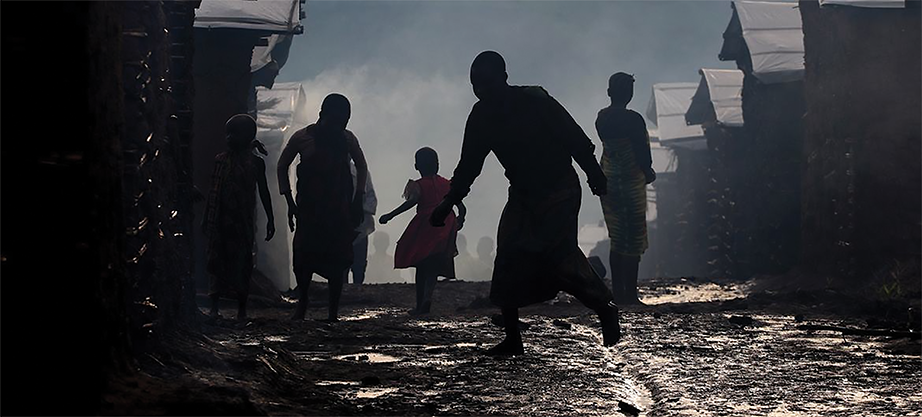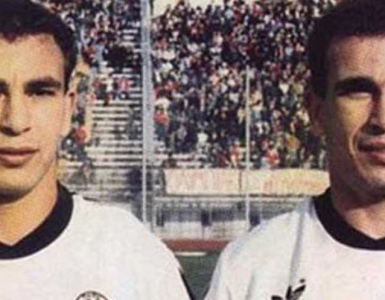CASUALTIES: Recent reports indicate the killing of hundreds of civilians in the Democratic Republic of Congo by the M23 rebels, despite a peace deal having been agreed to…
By Nicholas Mwangi
Despite the hope from a peace deal signed in June and continued mediation efforts, violence in eastern DRC has intensified. A fresh wave of atrocities indicates the war is far from over.
On June 27 2025, the DRC and Rwanda signed the Washington Accord, facilitated by the United States and Qatar, in Washington, DC. The agreement called for Rwanda to withdraw its troops from eastern DRC within 90 days and for the DRC to end its support for the FDLR militia. While significant, M23 was not a party to this treaty.
Follow-up negotiations in Doha led to another breakthrough on July 19 2025, when the DRC and M23 (backed by Rwanda) signed a Declaration of Principles. This Doha agreement laid out a roadmap for a permanent ceasefire, and restoration of state authority in rebel-held regions, aiming for a final peace accord by mid-August, which has yet to be finalized.
Human Rights Watch (HRW) reports that in July 2025 alone, M23 executed over 140 civilians, largely ethnic Hutu, across at least 14 villages near Virunga National Park. The killings appear tied to military campaigns against FDLR and other armed groups. In some areas, fatalities may exceed 300, marking some of the worst atrocities since M23’s resurgence.
The UN High Commissioner for Human Rights, Volker Türk, has mentioned even higher figures: 319 killed in July, including women and children, and condemned the violence in the face of supposed ceasefire agreements.
Human Rights Watch urged the UN Security Council and national governments to impose sanctions, pursue the prosecution of commanders involved in war crimes, and continue rigorous investigations into the atrocities.
Even with a high-profile framework for peace, the killing of hundreds of civilians in M23’s continued offensives just weeks after the Doha agreement highlights the volatility of eastern DRC.
The economic and geopolitical stakes
The violence in eastern DRC cannot be separated from the country’s vast mineral wealth. The region around Goma and North Kivu is one of the richest resource zones in the world, holding strategic minerals essential for global technology and renewable energy industries. Coltan alone is key for the production of mobile phones, laptops, electric cars, and other electronics that dominate modern life.
For decades, the exploitation of these resources has fueled conflict. Illicit mining and smuggling remain at the heart of the war economy. Rwanda and Uganda, in particular, have been repeatedly implicated in siphoning off Congolese minerals and exporting them as their own, creating billion-dollar revenues despite their lack of significant domestic deposits. Congo’s mineral wealth has long been enriching elites, neighboring states, and multinational corporations while leaving Congolese communities impoverished.
The peace deal, brokered with the United States, included a mineral access deal designed to grant US companies a foothold in Congo’s rare mineral sector.
Until Congolese sovereignty over its own resources is prioritised, every “peace deal” will remain little more than a blueprint for exploitation. And for now the M23 offensive continues in what is turning into a concerning situation, especially for civilians. Shortly after the peace deal, Evelyn Namakula Mayanja, Assistant Professor at Carleton University in the Institute of Interdisciplinary Studies, also warned that the truce would not hold for long, adding that the US risked replicating a long history of exploitation, trading in minerals while ignoring the human cost.
She said the deal, however, prioritised America’s access to minerals over the well-being of Congolese citizens. Historically, Congo’s mineral wealth had enriched elites and foreign powers while leaving its people impoverished and vulnerable. The new agreement could entrench existing inequalities and inflame tensions further. The US had also cut off aid for war survivors, including emergency medical kits and antiretrovirals for rape victims, undermining humanitarian efforts.
“True and lasting peace in the DRC cannot be imposed from the outside. US-led mineral extraction without justice risks deepening the crisis. Since 1999, UN peacekeepers have been deployed in Congo, yet violence continues,” she said.
Mayanja said sustainable peace would require:
• An end to impunity;
• Thorough investigations into war crimes;
• Regional truth-telling processes;
• Justice and reparations for victims; and
• And most importantly, inclusion of Congolese voices in shaping their future.
Without these commitments, she said, the US risks replicating a long history of exploitation, trading in minerals while ignoring the human cost. – People’s Despatch, additional reporting by Weekly SA Mirror


































